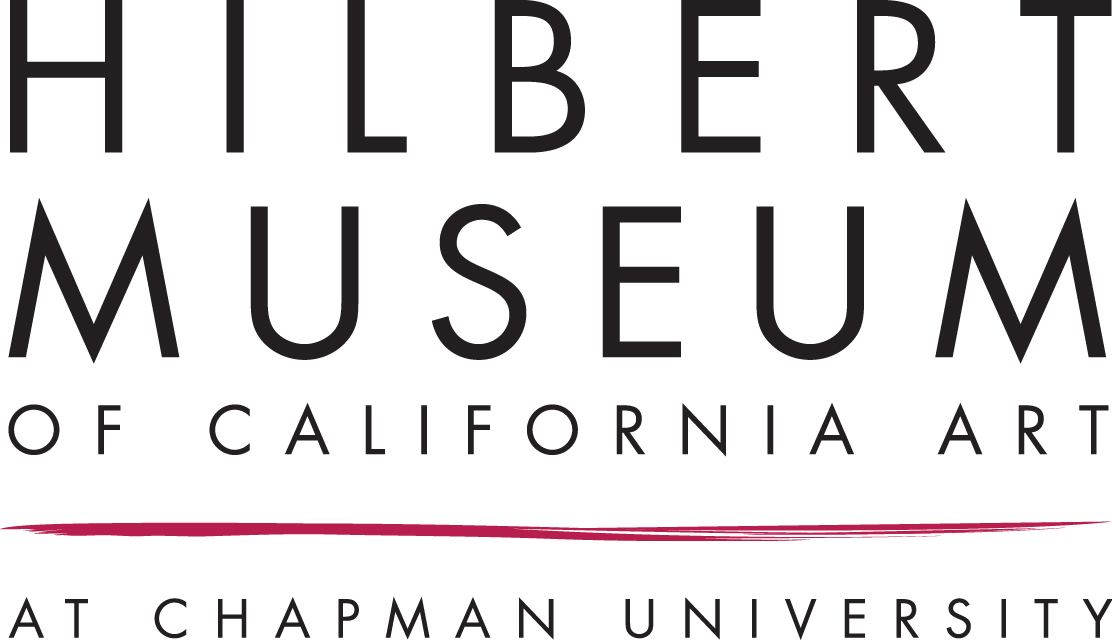Hardie Gramatky

Bernhardt August "Hardie" Gramatky Jr., was born on April 12, 1907, in Dallas, Texas. In 1917, his recently widowed mother moved the family to San Gabriel, near Los Angeles. As a child, Gramatky showed remarkable talent at drawing and his sketches were often shown in the "young folks section" of the Los Angeles Times.
In 1926, Gramatky enrolled at Stanford University. Although he majored in English, he continued to take art classes at the university. After two years at Stanford, Gramatky dropped out and returned to Los Angeles to enroll at Chouinard School of Art. He took up watercolor painting and began exhibiting his works.
By 1929, he had established himself as a significant artist and caught the attention of Walt Disney, who had started bringing his animators to Chouinard to sharpen their skills. He became a senior animator as Disney on a six-year contract.
In 1932, he married Dorothea "Doppy" Cooke, whom he had met at Chouinard. In 1936, Gramatky declined to stay at Disney and he and Doppy moved to New York City. There, Gramatky worked as a magazine and children's book illustrator while he continued to paint and participate in exhibitions. His work was represented by the prestigious Ferargil Gallery, in New York, and he was included in several major exhibitions, including shows at the Art Institute of Chicago, the Whitney Museum and the Metropolitan Museum of Art in New York.
At this time, Gramatky became fascinated by tugboats in New York Harbor and began a series of watercolors that led to the children's book Little Toot, a story about a little tugboat, published in 1939. The book became a children's classic that continues to sell well. Little Toot was followed by several sequels: Little Toot on the Thames in1964, Little Toot on the Grand Canal in 1968, Little Toot on the Mississippi in 1973, Little Toot Through the Golden Gate in 1975, and Little Toot and the Loch Ness Monster in 1989, completed posthumously by Gramatky's wife and daughter. In 1948, Little Toot was animated by Disney as part of the feature anthology "Melody Time."
During World War II, Gramatky was deferred from the draft because of curvature of the spine. Nevertheless, he returned to Los Angeles to supervise production of a series of military training films in a unit headed by Captain Ronald Reagan. He also became an instructor at Chouinard. In 1945, he produced a number of sketches for the Ernie Pyle movie, "G. I. Joe."
After the war, Gramatky and Doppy returned to New York and settled in Westport, Connecticut. He worked as an illustrator and continued to paint watercolors. He died on April 29, 1979, in Westport.









